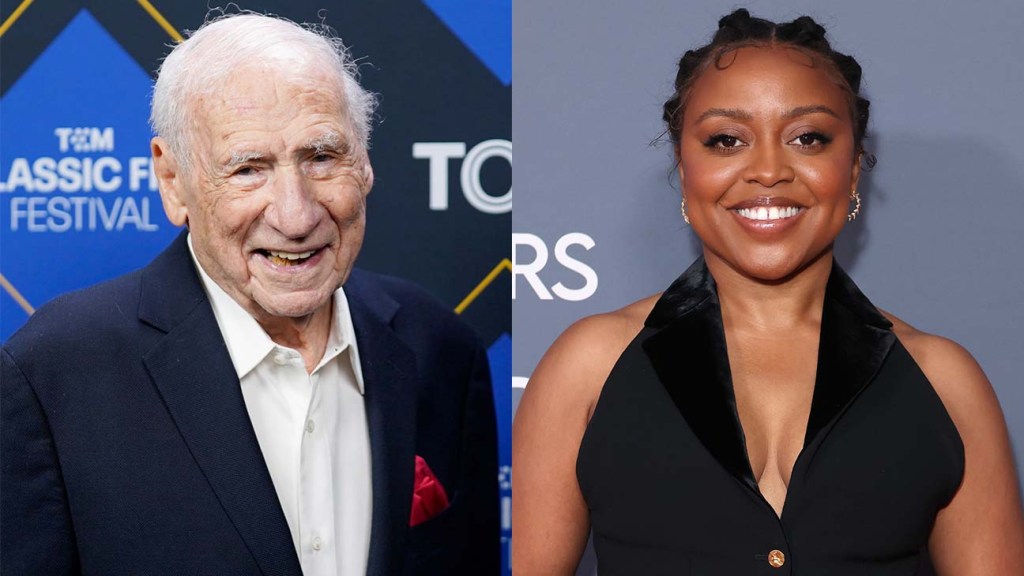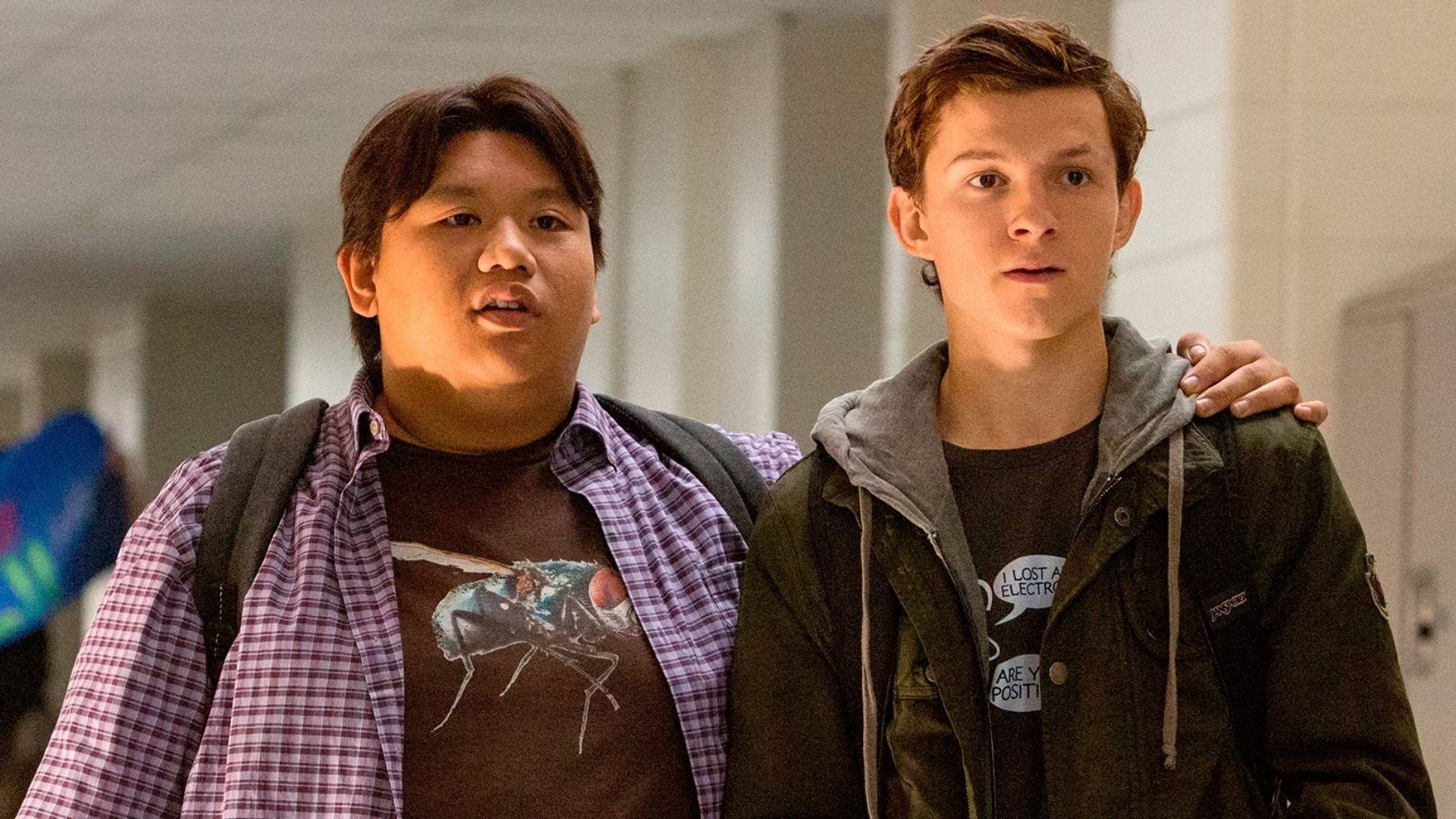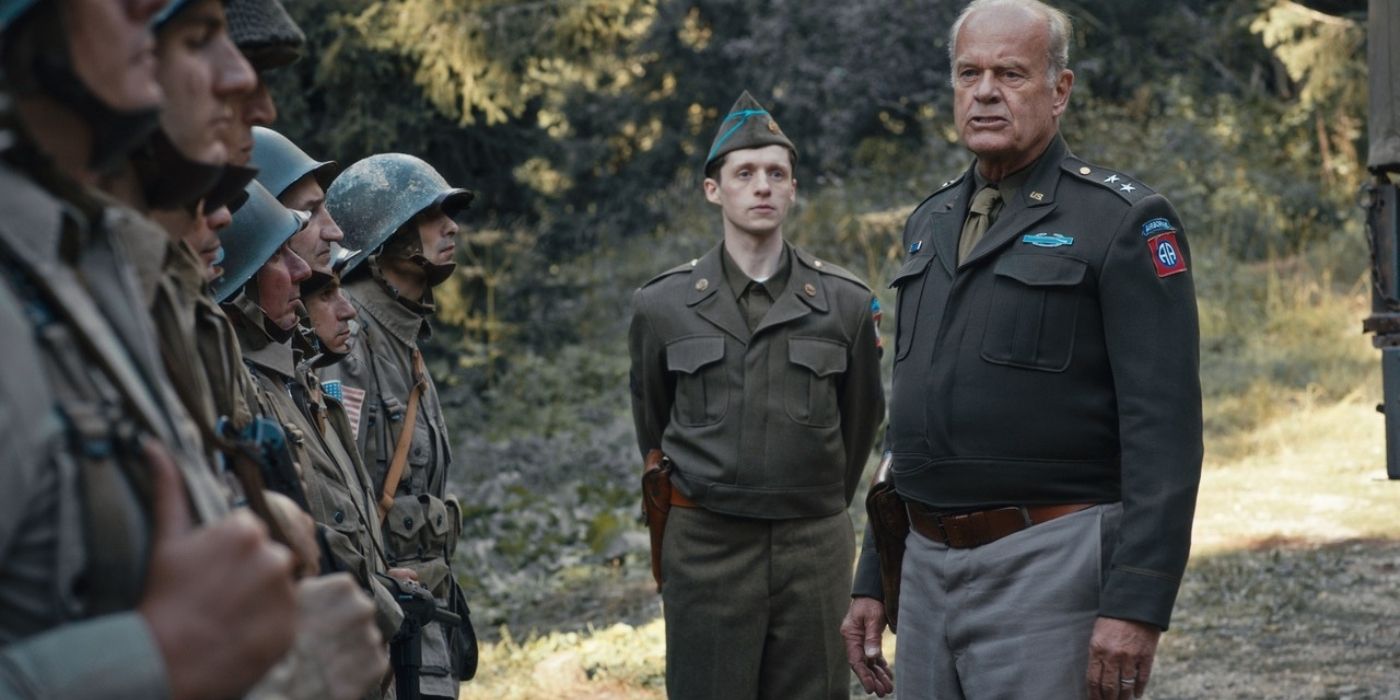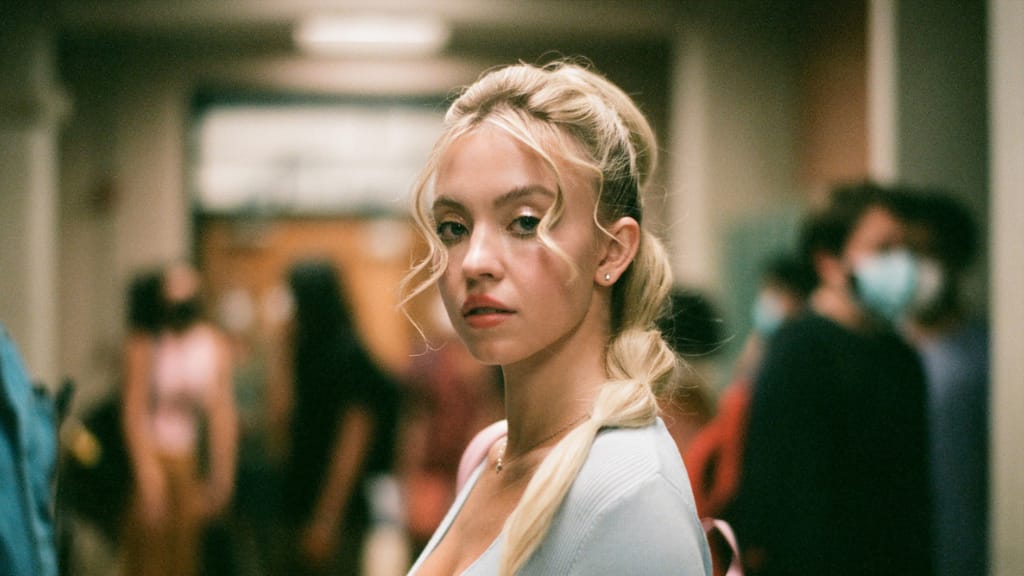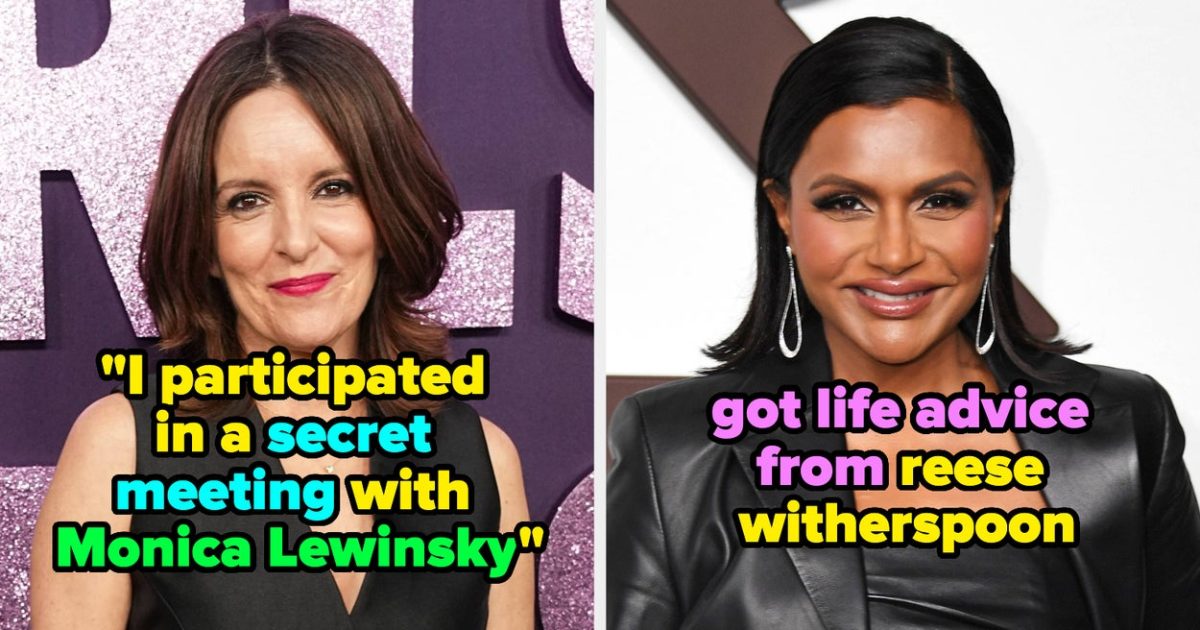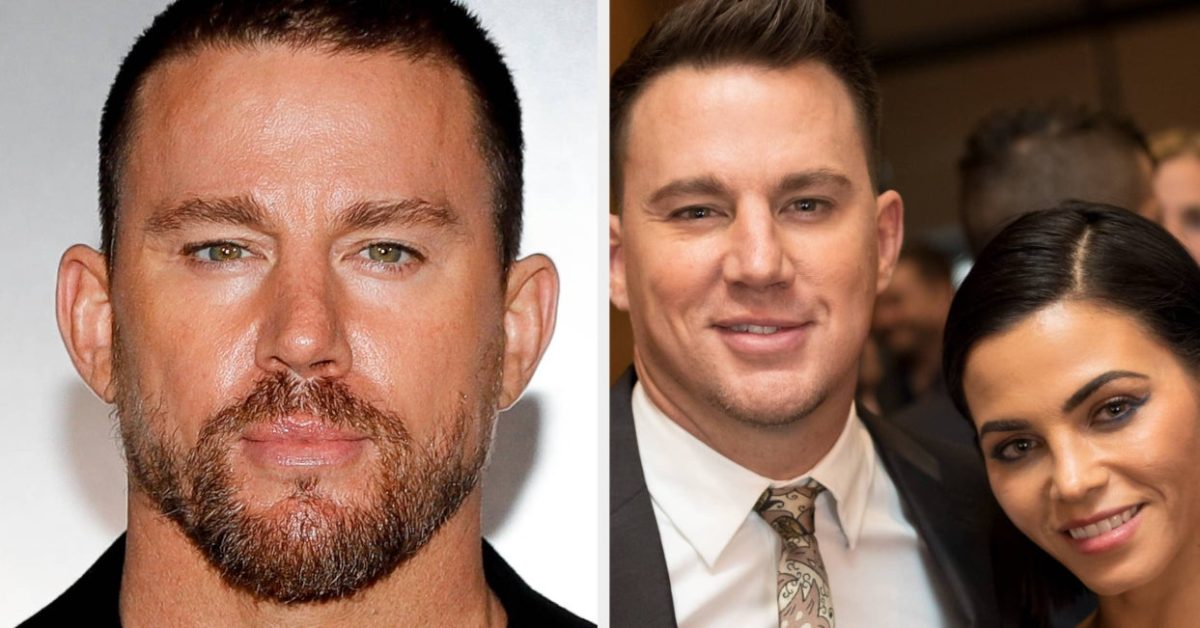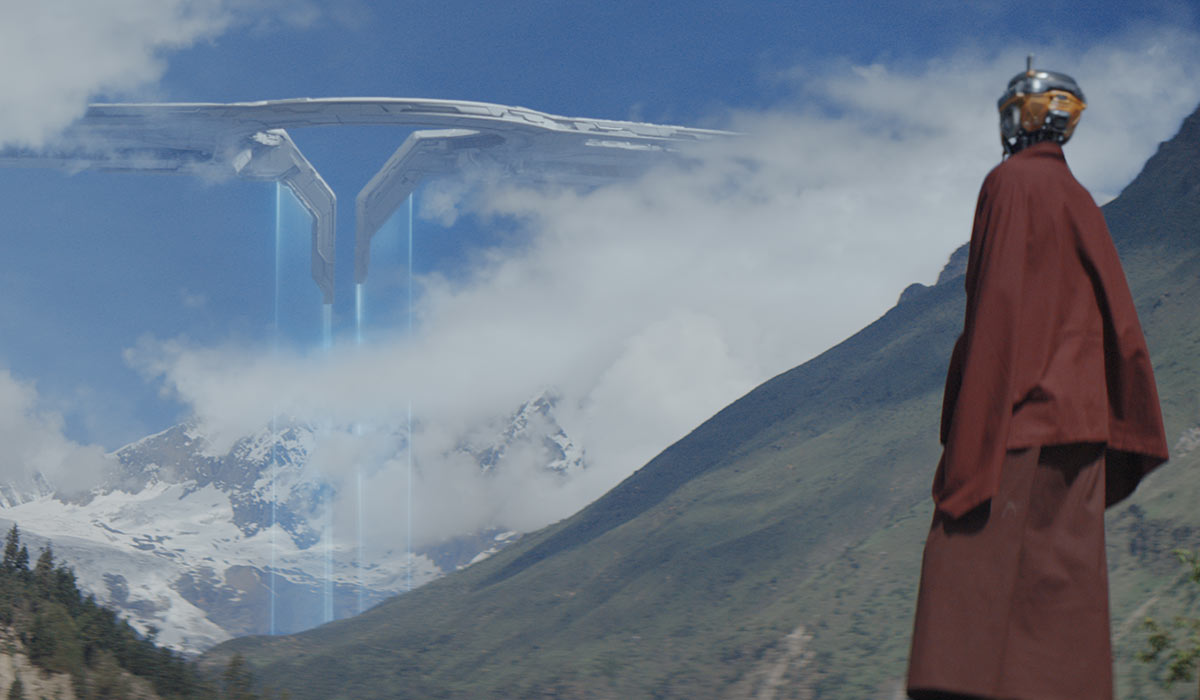
‘We were putting on the parachute as we fell’
Feb 24, 2024
There is a very competitive race in the Visual Effects Oscar category this year. There’s the old standby (“Mission: Impossible – Dead Reckoning Part One”), the head-scratcher (“Napoleon”), the iconic monster (“Godzilla Minus One”), the space-faring super-hero team (“Guardians of the Galaxy Vol. 3”), and last, but certainly not least, the artistic Sci-Fi endeavor (“The Creator”). And it’s the former that in many ways, may be the most deserving of all five nominees.
The Creator ‘The Creator’: DP Greig Fraser & VFX Supervisors Explain Why The Sci-Fi Film Cost $80 Million, But Still Looks Like A Blockbuster [Creatives Interview]
Set in 2055, “The Creator” finds the world still reeling as a war between AI and humanity rages. Caught in the middle is Joshua Taylor (John David Washington), a former U.S. government agent who is recruited to help stop an “alpha” simulant who could change the tide of the war. When Taylor meets the weapon, he’s shocked to find it’s in the form of a child.
The movie features imaginative new worlds (or Earth-bound nations, at least), numerous CG simulants, and grounded battle scenes that often were shot in a close to “hand-held” manner. All these elements had to be incorporated into a stunning aesthetic conceived by director Gareth Edwards and cinematographers Greig Fraser and Oren Soffer. Edwards collaborated with Visual Effects masters Jay Cooper, Andrew Roberts, and Neil Corbould in a very unconventional manner to pull it off. And Edwards and some of his nominated team jumped on a Zoom earlier this month to discuss their nomination and the difficulties of bringing this future world to life.
____
The Playlist: First of all, congratulations on the Oscar nominations outside of Gareth. Sorry, Gareth. I know you don’t get a nom along with them.
Gareth Edwards: I’m here to take full credit for everything.
Jay Cooper: You should. You totally do.
The Playlist: Wait, I want to get this correctly. This is Jay and Andrew’s first nomination, correct?
Andrew Roberts: That’s right.
Jay Cooper: Well, yeah.
Gareth Edwards: Jay, have you been nominated before?
Jay Cooper: No, I haven’t. It’s me too.
Gareth Edwards: All newbies.
Jay Cooper: That’s it. Neil Corbould, our cohort who, sadly, can’t be here is an old hand, but it rest of us knew through and through.
Andrew Roberts: Very excited to have this nomination. Really gratifying for all the teams, their recognition of all their hard work. So yeah, really stoked.
Jay Cooper: Same. Yeah, it’s exciting.
The Playlist: Did you scream and jump up and down or was it more subdued?
Jay Cooper: I went back to bed? [Laughs.]
Andrew Roberts: I was up early. It wasn’t as early for me. I was in New York at the time, so I think it was 8:30, it was 5:30 on the West Coast, so I did have the YouTube stream up on my iPad and I had GMA up on in the hotel room. The nominees were announced alphabetically, so I knew like, “O.K. Come on, we’re up first if we’re in.” And yeah, I was very excited, and it was around the same time that Sound was announced within the sort of maybe a category or two prior. So, yeah, it was really exciting to hear the sound team as well as for our visual effects team that we were recognized. There was a little scream. I was mindful of my neighbors, but yes, super stoked.
The Playlist: Gareth, your movie came out in September and your actors couldn’t promote it. I know every time I log into Hulu now, it’s always like the number one or number two on the service’s most-watched list. It was a big hit overseas. What does this recognition mean to you as the director and writer?
Gareth Edwards: It means the world personally. As in you make a film and you do hit all these points in the life of a movie where you start to question, “Why do you do it?” You know what I mean? “Why am I doing this? What is it all about?” And my hero is growing up with people like Dennis Muren and Phil Tippett who basically founded Industrial Light Magic and made all the movies I love like “Star Wars” and “E.T.,” “Jurassic Park,” and reasons why I got into filmmaking and it’s very much led to wanting to become a filmmaker through the magic of all this special effects work, and I ended up having a career in visual effects when I couldn’t get a job for the love of money directing a film. So to me, it’s the ultimate accolade to be nominated in this category. I’m going to take full credit for it. I’ve already agreed if they get a certificate for being a nominee, they’re going to saw it or at least…
Jay Cooper: Or be off an arm.
Gareth Edwards: We were thinking of doing an award, not Airbnb, but Awardbnb where basically you can rent your award for a month, and I was going to get it for a month and then they get it for maybe nine months or something, whatever. However, we figure that out.
The Playlist: It’s like the Stanley Cup. It goes to each person who is on the team for a week or so. They can pass it around for a year.
Gareth Edwards: Yeah. It’s like your mom, if you ever do anything, any half-decent thing, your mom’s always ultra proud of you and acts like she did it. I feel like that now I’m doing that to these guys. I’m like the proud mom who’s telling everybody really excited, got all the neighbors coming over, making cups of tea, and bragging about my VFX friends.
Jay Cooper: I think Gareth deserves a visual effect [nomination]. I mean, he’s too modest. He wouldn’t ask for this, but he definitely deserves visual effects credit as well for the design and contribution. He is in the weeds. I don’t know if you saw this Gareth that somewhere on one of the forums someone was saying, I’m sure Gareth is doing shots. I don’t know if you saw that. I was like, “We didn’t do shots.” But he did everything short of that. He would do camera moves with his… what was it? A water glass and Lego guy. He would do a huge amount of design work with James Clyne. So, he was definitely in the weeds. He’s the most plugged-in knowledgeable visual effects director I’ve worked with certainly. So, he definitely deserves a lot of the credit.
Gareth Edwards: They are contractually obliged to say this.
Jay Cooper: Some of it I am, but not all of it. Not with the same belief though.
The Playlist: This is the one thing I didn’t look up. How many of you have worked with Gareth before or is this all your first time?
Jay Cooper: First time.
Andrew Roberts: First time.
The Playlist: So, when you get this project, what is the first thing that freaks you out the most?
Jay Cooper: Yeah. I mean, that sentence is pretty much it in a nutshell because if we rewind the time a little bit, it wasn’t just the project, it was the technique and the idea that even as the train was leaving the station, you knew that we were partnering with him. The idea was you’re not going to always get everything you need in terms of the supporting material, the texture reference, whatever it’s going to be. I’m not exactly sure what these things are going to turn into in terms of the design. I’m not sure exactly where the robots are going to be. I’m not exactly sure how many shots specifically it’s going to turn into. But I know that we can make a movie that looks amazing with this pot of money that I have. It’s not as much as other movies at this in terms of what we want to deliver visually, but I know that if we’re really smart and if we make choices along the way and you tell me where something’s really hard, so maybe we can dodge some of the potholes in that way, but I’ll want other things more than others. If we go down that road, I think we’ll end up with something amazing. And we did a test to prove some of the methodologies, but it was a jump. I mean, he had the same amount of worry I imagine that we do because we’re all doing this endeavor at this scale for the first time with those rules in place. I mean, certainly, we’ve done more structured films where we know exactly what the sequences are, we wrap our arms around what the shot count is and what the assets are, what the build list is. This was much more free-form, and that’s scary. I mean, that’s scary, normal. I mean, all visual effects endeavors are scary, but you have by the fact of, “O.K. We know what this is, what the design is and this is what the amount of money is that’s allocated to this task.” In this case, it is so much more free-form. So that part was a jump. We were putting on the parachute as we fell 100%.
Gareth Edwards: But hey, there’s a good analogy because making a film is jumping a canyon. And what happens on a normal movie is they go, “What if you don’t make it?” Like, O.K., so here, put this parachute on just in case you don’t make it, and you put this heavy parachute on, and now suddenly you cannot jump that gap, right? It’s too heavy and the safety net basically forces you to fail, and then you need the safety net. And so, with this one, it was like, take the parachute. We’re not having the parachute on this one, right? We’re going to go for it because the money we save by not having safety nets that will, if something doesn’t work, we will just bite the bullet and redo it or whatever. It’s like typically on these movies, you have a dollar bill and they’re so worried about losing the dollar bill, they give you a case for it that’s like $5. And then they’re worried about losing the $6 investment of the case in the bill. So they give you a $20 box and they basically just spend more and more money protecting the money until it’s so much money that you’re crippled. You can’t afford to gamble. You can’t afford to fail. You know what I mean? Everyone has to play it so safe. Whereas we were trying to make the movie real cheap, real gorilla-wise, and have this giant backup of keep all the money for visual effects and post-production. And then anything that happens or all the crazy, weird shit, all the happy accidents, we can incorporate them into the film and add all the science fiction in post based on real things that are in front of the camera all around the world.
The Playlist: There must’ve been shots in the film that just could not fail. You couldn’t go shoot it and have it not work out. You needed it to work. Was there anything from your perspective, Gareth, that when you were working with the team, you were like, “This is the scene that we need to focus on the most”? Or is it impossible for you to structure that way?
Gareth Edwards: It’s weird ’cause there’s like a push and pull of production and creative in making a film and production. If you look at an Excel document, basically they have to tick the list of what’s in the screenplay and then anything that’s not in the screenplay. So, for me, poetic, beautiful, textual, anything that really is the reason I want to make films, you don’t have to get it. The film still works without it. And so, that stuff’s always secondary. And so, the stuff you’re always fighting for is the stuff that most films let go because they run out of time or they have to move on, or the weather changed. And I was holding onto dear life to all those moments and trying to keep them all. And so, for me, on day one, the reason I… One of the reasons I wanted to make this film, I was very lucky as a little kid, I got to go to Thailand and went to this factory and there was all these women making these products and they were so good at it.They weren’t even looking at what they were doing, and they were just chatting to each other, sort of laughing and joking as they were making cigarettes and stuff. And I was thinking when I was making this film ’cause we knew we were going to Thailand, imagine doing that, but they’re building robots. And I really, really wanted to go to a real factory where the workers were making robots, but they’re chatting and laughing. It was kind of like the main reason, one of the main seeds of making the film. And we get to this location’s day one, of course everything’s going slightly wrong. We’re shooting this scene and then suddenly it’s like, “You’ve got five minutes left.” And I haven’t got that shot. That’s like the whole reason I wanted to make the film. And I’m like, “Please. Please. Please let me just go.” I just got it. And I just grabbed the camera and went, and we didn’t have anybody helping. We are tracking and all this sort of visual effects data you’re supposed to get for that stuff and just got these women joking with each other and just quickly stole these shots. And then the really exciting thing is that there’s something very naturalistic about it when you don’t massage it to death, and it really is real people who work in a factory having a conversation and then you add robots. There was just… And I felt like that if then our film is doing anything differently that I’m really proud of that it’s all that textural stuff that’s in between the scripted scenes that just builds the world and makes it feel authentic that normally in a film, it strips away, you get it prized away out and you can’t like the effects it makes no sense. It costs a fortune why you want to shoot some robot sifting through a grain of some seeds for no reason. And the fact that it is for no reason, I think it’s what makes what I’m really proud of in terms of the visual effects,
Jay Cooper: There are absolutely anchors that are, we knew that we needed to be successful, our Alfie and our other simulants. So, I think it’s not all improvisational in the sense of visual effects creation. We knew that there are some tent pole components that the movie would hang on. So, we definitely put the time into making sure those were properly developed. Not that the other stuff wasn’t but just that we had approaches for it.
The Playlist: Andrew, you were the onset VFX supervisor, correct?
Andrew Roberts: That’s right. Yes.
The Playlist: So, Gareth is doing this and he is saying, “Wait, give me five minutes. I’m going to shoot this without any of the prerequisites you normally do for a shot.” Are you silently freaking out? Or are you like, “Nope, we’ll just deal with it and figure it out later”?
Andrew Roberts: A little bit of both. And when I was talking to [chief creative officer at ILM & Magic] John Knoll beforehand, he discussed, “You’re not going to have time to get everything that you ideally would.” So, it was triage, it was focusing on, what is the most important thing? Or what two or three things should I really try and come away with? But with Gareth’s understanding, having a background in and respect for visual effects, if there was something that was really important we could have that conversation. Whether it was planning at the beginning of the day or nipping in and just having a quick word with the first ad and saying, “I need a clean plate of this.” There’s an iPhone app called Make It Big, where you can just type a couple of words and it fills the entire screen. And so, it would say “Clean plate,” and I would just make sure that he saw that or “HDRI” if I really needed it. There were very few blue screens, but there were times when that was really important. Say when Alison Janney, her character, Howell is leaning out of the helicopter and our [tech] he had these little pop-up blue screens that he got from Amazon where he was just able to go, and we’d have a word. And now she’s hanging out of the helicopter and there’s a fan blowing her hair around. And that would just be a nightmare to extract or to have to rotoscope around those strands. And so, those guys would just sort of float in and hang something up, hold it up just in the right position. And Gareth understood, “O.K., we do need to do that for it to work.” And because of his understanding of it, I didn’t need to spend a lot of time explaining why or what the benefits were. So, I think that helped a lot, but it was constant communication, always thinking about what I didn’t get that was in the pit of my stomach. I would love to have gotten everything in every shot, but I tried to just capture as much so the guys would be able to execute the shot.
Jay Cooper: Anything Andrew got was absolutely gold. So, we were trying to reassemble purely based on looking at shots in some instances, but that challenge was a big challenge. And Gareth finding these little moments and things as well, the looming spreadsheet sort of behind the scenes, there were a lot of factors that made this really challenging, but actually, the fact the plates were so rich, the vision was so strong, just overcame all of that. So, we had a team so infused by what they were seeing and the vision that was in front of them that it kind of blew everything else away. To Jay’s point, we probably did lose plenty of sleep on it, but yeah, we wanted to keep working and pouring hearts into this.
The Playlist: Visual effects is a wide range of what it can provide for a film, and I think many people saw this film and were sort of stunned at the beauty of what visual effects can provide. Can you talk about the artistic aspect of the VFX and what it means to you?
Jay Cooper: Well, I mean it is absolutely is art, and visual effects is a funny discipline because you’re sort of stuck between these two worlds of being technical but aesthetic. But in other disciplines, you’re storytellers. And I think that’s the part that I’m most attracted to as an artist. The fact that we’re asked to build this world and lean into our imaginations and finding the sort of places where we haven’t seen and trying to stake out new original looks. We were really lucky to work with James Clyne, the production designer on this movie, who helped guide us into this really rich world that we’ve created. And I think it’s also consistent, which is kind of interesting. It’s not just we’re throwing up these forms that only exist for one shot or two. There’s a thread of unity across the images as well, whether it’s the robots or the simulants or the futuristic forms there are threads of design that you can see through all of them, which is really exciting to see. The other component is just in visual effects. It’s kind of an everything tool, right? It can be explosions or fixing problems and fixing missing parts of a post, or it could be cons, can be kind of everything. So, it was really exciting to work on a movie that was leaning into the aesthetic as well. And leaning into just the visual forms is such a huge component of the storytelling. So, I mean, for me, I felt like we were really lucky in that respect.
Gareth Edwards: I think half the problem I think is even just the terminology, like CGI, computer-generated imagery, computers just generate this stuff. People don’t call footage or camera-generated imagery, and they don’t call screenplays computer-generated documents. Everyone understands there are artists that have created this stuff, and it’s true of VFX. I think everybody who is working on a movie doing visual effects is pretty much a frustrated filmmaker to some extent and could probably do your job just as well as you could in some way. And realizing that and empowering them and giving them some creative freedom to solve some problems and going, here’s what I think you could do, but hey, up for grabs go crazy. And every time you do that something you feel them go like, “Oh, it’s my chance.” You know what I mean? And they go the extra mile because it’s their chance to show you that they can actually do all this stuff and they go and do it. And I think that’s half the problem is people think computers make this stuff, and it’s not all those names. The reason there are like 10 minutes of credits at the end of these movies is ’cause there are so many artists, incredible artists that it couldn’t be done without them really.
“The Creator” is available for digital download and on Hulu.
Publisher: Source link
14 Famous People Name-Drop Celebs In Memoirs
14 Famous People Name-Drop Celebs In Memoirs 1. In her memoir, Rebel Rising, Rebel Wilson shared that she thinks Adele actually hates her. “Some actresses would get offended if I called them plus-size in this book, so I have to…
May 4, 2024
Nordstrom Rack is Heating Up With Swimsuit Deals Starting At $14
We independently selected these deals and products because we love them, and we think you might like them at these prices. E! has affiliate relationships, so we may get a commission if you purchase something through our links. Items are…
May 4, 2024
Channing Tatum Not Happy About Jenna Dewan Legal Battle
Channing Tatum Not Happy About Jenna Dewan Legal Battle Back in 2019, Channing and Jenna were declared legally single after separating the previous year. They were married for a decade and share one child, Everly, who was born in 2013.…
May 3, 2024
How RHONJ’s Melissa Feels About Keeping Distance From Teresa
Though the new season hasn't even debuted, Melissa indicated she's already excited about the reunion. "There's so much that needs to come out, and that's the place to do it," she said. "I mean, there's so many rumors and things…
May 3, 2024
